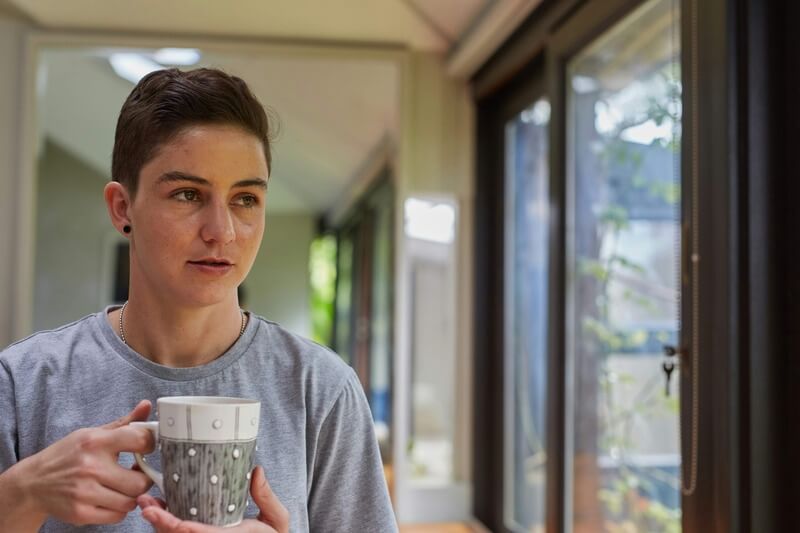The Sylvia Brafman Mental Health Center offers specialized insomnia disorder treatment at our mental health treatment center in Fort Lauderdale, Florida. Our experienced team understands the effect of insomnia on your mental and physical health, and we provide personalized care to help you regain control of your sleep and your overall well-being.
What is insomnia sleep disorder? Gain answers to that question and more in this comprehensive guide on Sylvia Brafman’s insomnia disorder treatment center in Florida. We take a holistic approach to address the symptoms and underlying causes of insomnia. If you’re seeking mental health rehabilitation for a better night’s sleep, call us at (877) 958-9212. Schedule a free assessment, begin the admissions process, and verify your insurance coverage by contacting us today.











